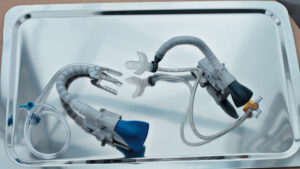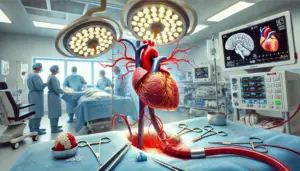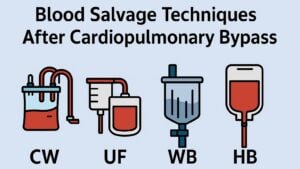Prolonged extracorporeal cardiopulmonary support is a medical technology that exemplifies one of the most substantial medical advances in life-saving modalities for patients with cardiorespiratory failure refractory to conventional treatment. This technology is referred to as extracorporeal membrane oxygenation (ECMO) or extracorporeal life support (ECLS). Driven by the success of ECMO in treating acute respiratory patients with H1N1 influenza during the global pandemic in 2009, the use of ECLS has skyrocketed worldwide for adult patients with both respiratory failure and cardiac failure. However, the fastest-growing application of ECLS in the last several years is extracorporeal cardiopulmonary resuscitation (ECPR) as an additional link in the chain of survival in patients with refractory cardiac arrest. It is a complementary intervention when return of spontaneous circulation is not obtained within a reasonable timeframe despite high-quality conventional cardiopulmonary resuscitation (cCPR). ECPR restores and maintains circulation, while buying time for clinicians to identify and potentially reverse the etiology of the event, for example by coronary angiography and subsequent intervention.
J Extra Corpor Technol. 2023 Dec; 55(4): 157–158







